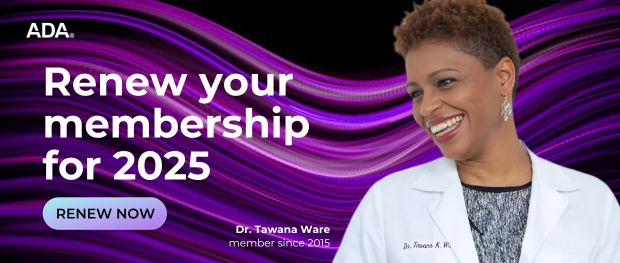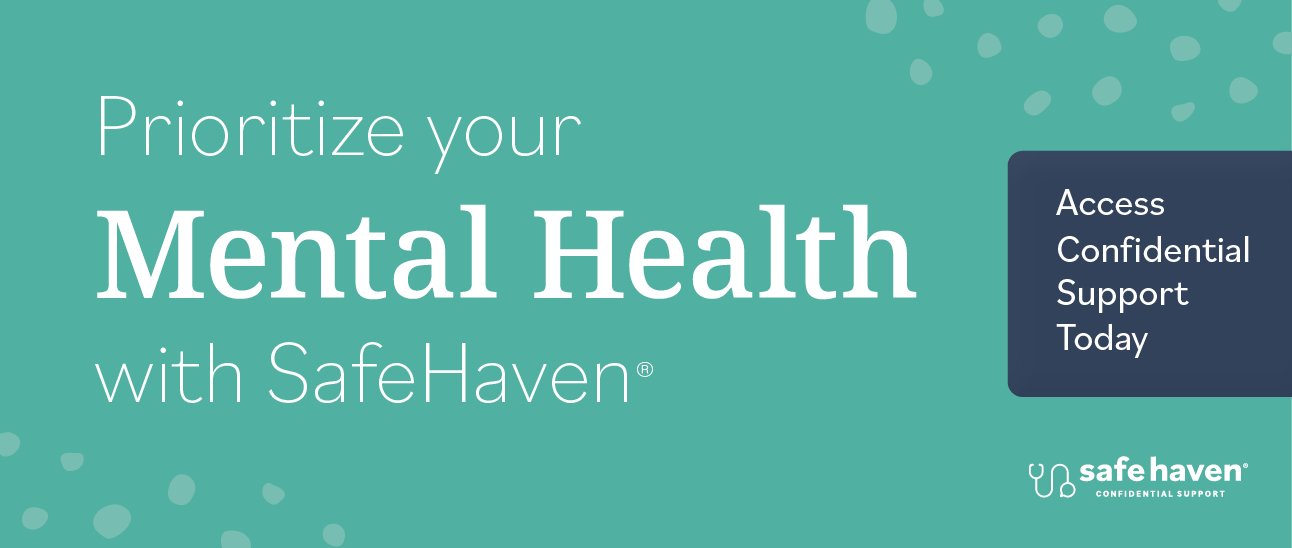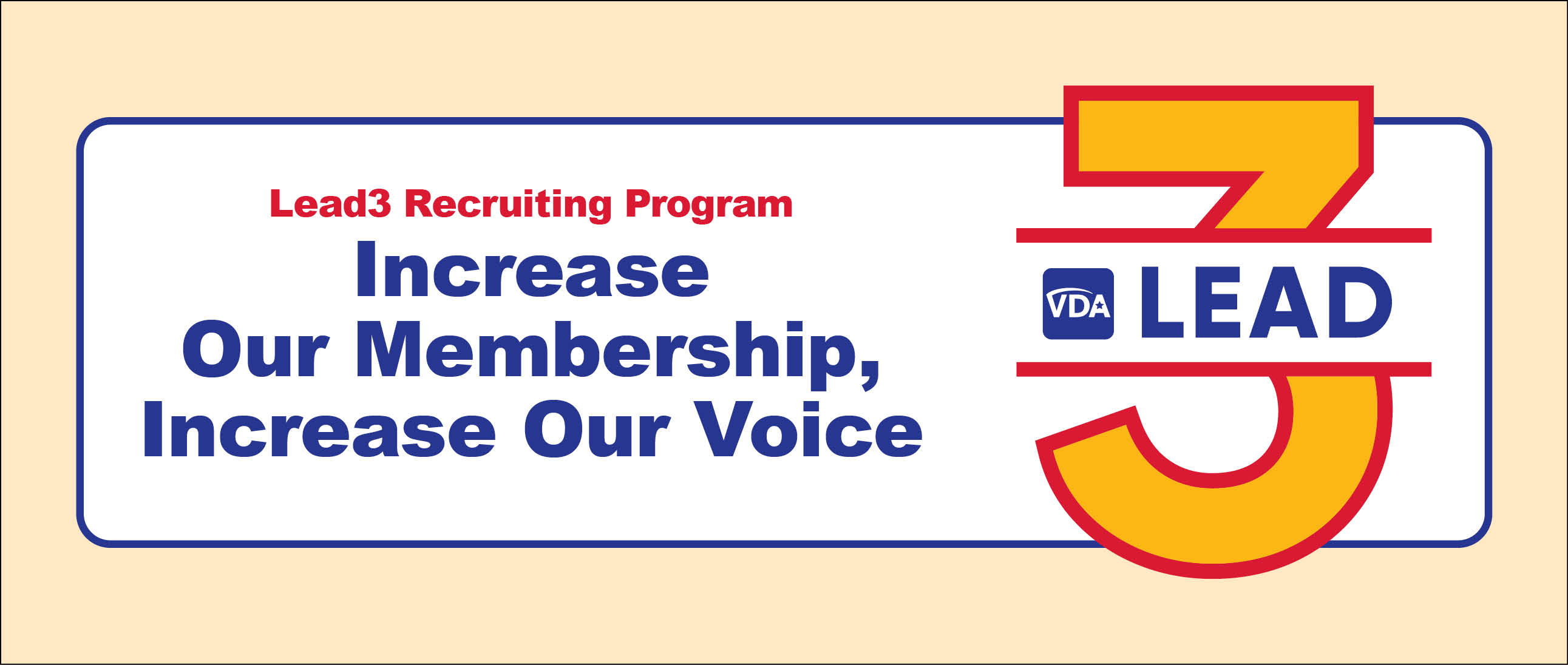ADA updates resources for dentists who call or text patients
If a dental practice calls or text patients, they still might need to get the patients’ prior written consent and take certain other steps in order to avoid liability and penalties under federal law, according to the ADA Division of Legal Affairs, despite a recent ruling made by the U.S. Supreme Court.
On April 1, the U.S. Supreme Court decided, in Facebook, Inc. v. Duiguid et al., that to qualify as an “automatic telephone dialing system” under the Telephone Consumer Protection Act, a device must have the capacity either to store a phone number using a random or sequential number generator or to produce a telephone number using a random or sequential number generator.
The ADA had urged the Federal Communications Commission to adopt this more narrow definition in comments filed with the agency on June 26, 2018. Prior to April 1, the FCC and some jurisdictions had defined an “automatic telephone dialing system” very broadly, to include any device capable of autodialing phone numbers, a definition so broad and vague that it could include most cell phones.
A resource from the ADA legal division, at ADA.org/PhoningPatients, has been revised based on the recent decision and its implications for dentists.
Along with a description of the Telephone Consumer Protection Act, this resource also includes a free sample consent form that member dentists may use in their practice to receive consent before making certain calls or sending certain text messages to patients.
While this U.S. Supreme Court decision could make it easier for dental practices to select devices that are not “autodialers,” it does not eliminate the risk of an act violation.
This content is not intended or offered, nor should it be taken, as legal or other professional advice. Dentists are encouraged to consult with their own professional advisors (e.g. attorney, accountant, insurance carrier) about legal and regulatory compliance.
On April 1, the U.S. Supreme Court decided, in Facebook, Inc. v. Duiguid et al., that to qualify as an “automatic telephone dialing system” under the Telephone Consumer Protection Act, a device must have the capacity either to store a phone number using a random or sequential number generator or to produce a telephone number using a random or sequential number generator.
The ADA had urged the Federal Communications Commission to adopt this more narrow definition in comments filed with the agency on June 26, 2018. Prior to April 1, the FCC and some jurisdictions had defined an “automatic telephone dialing system” very broadly, to include any device capable of autodialing phone numbers, a definition so broad and vague that it could include most cell phones.
A resource from the ADA legal division, at ADA.org/PhoningPatients, has been revised based on the recent decision and its implications for dentists.
Along with a description of the Telephone Consumer Protection Act, this resource also includes a free sample consent form that member dentists may use in their practice to receive consent before making certain calls or sending certain text messages to patients.
While this U.S. Supreme Court decision could make it easier for dental practices to select devices that are not “autodialers,” it does not eliminate the risk of an act violation.
This content is not intended or offered, nor should it be taken, as legal or other professional advice. Dentists are encouraged to consult with their own professional advisors (e.g. attorney, accountant, insurance carrier) about legal and regulatory compliance.






